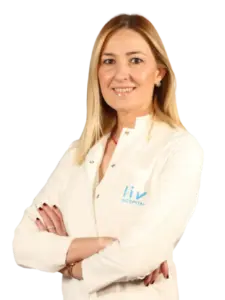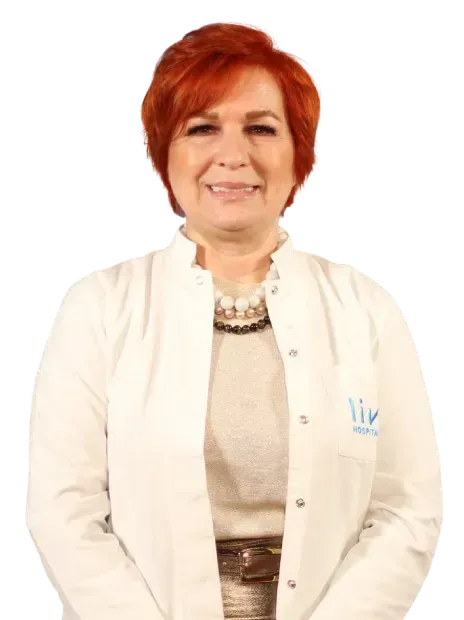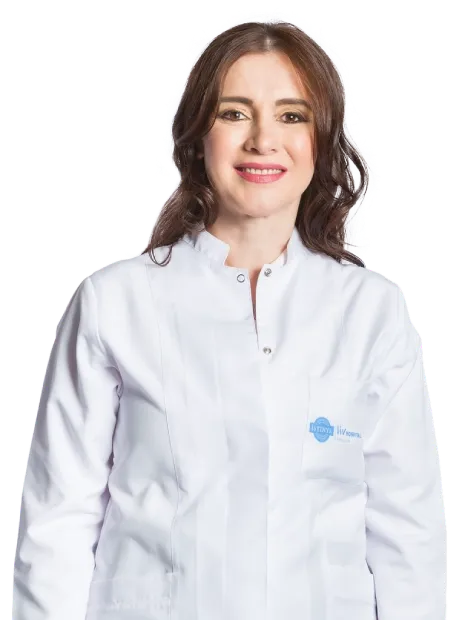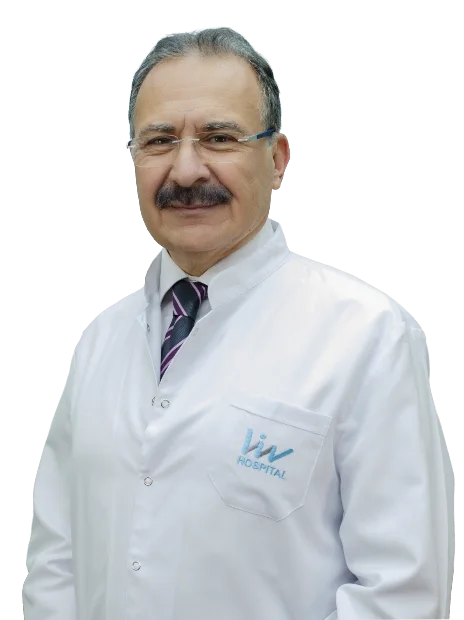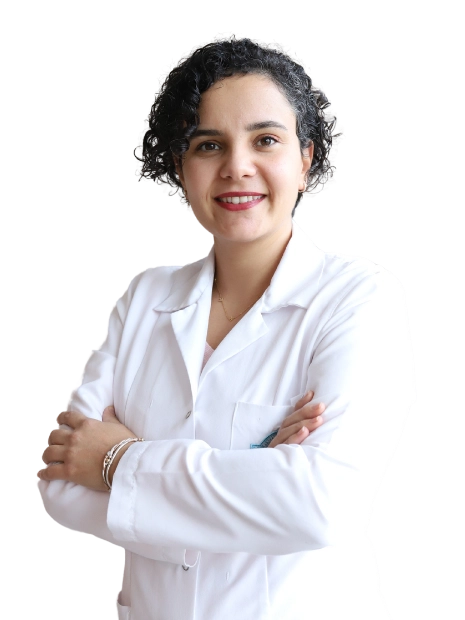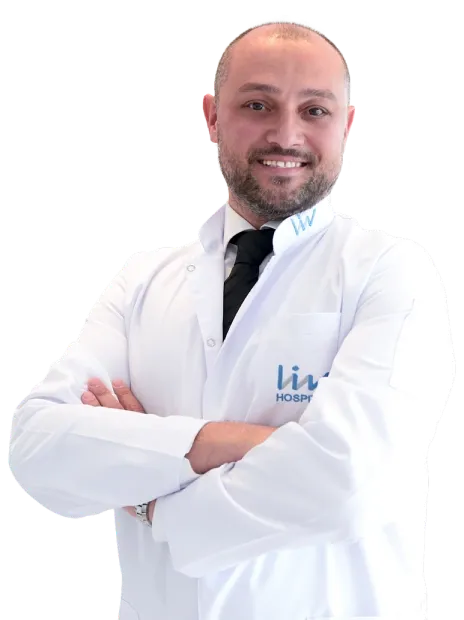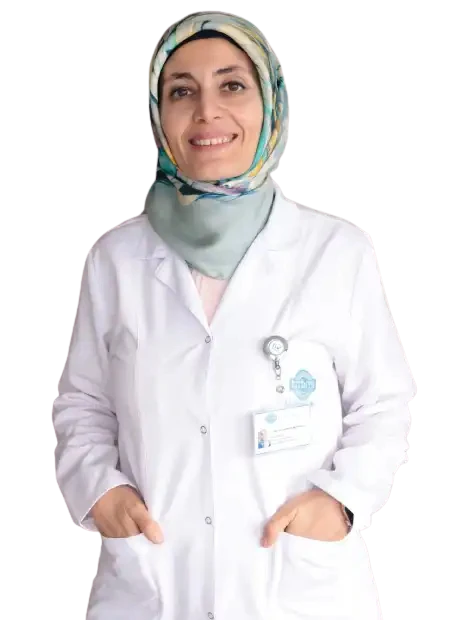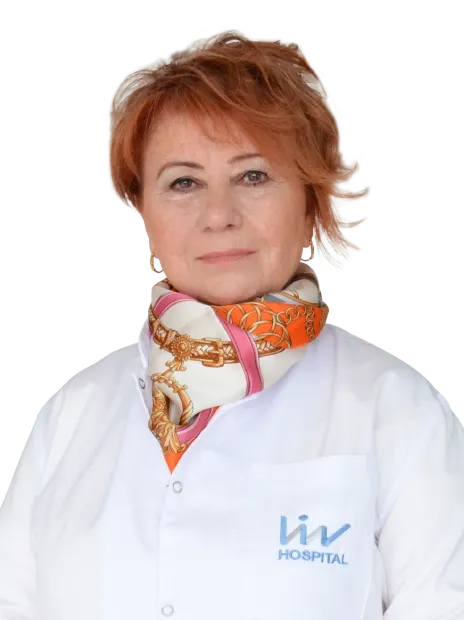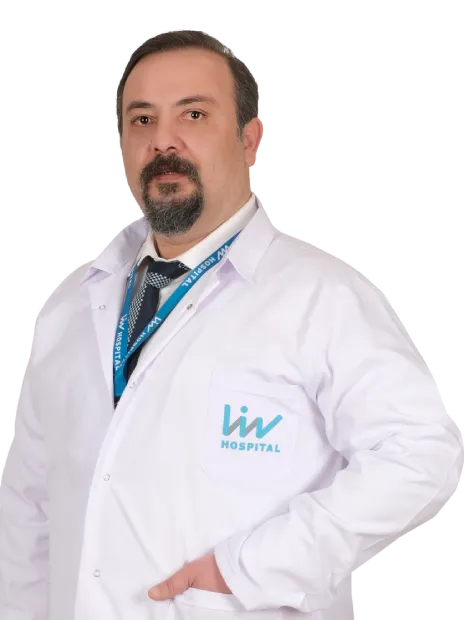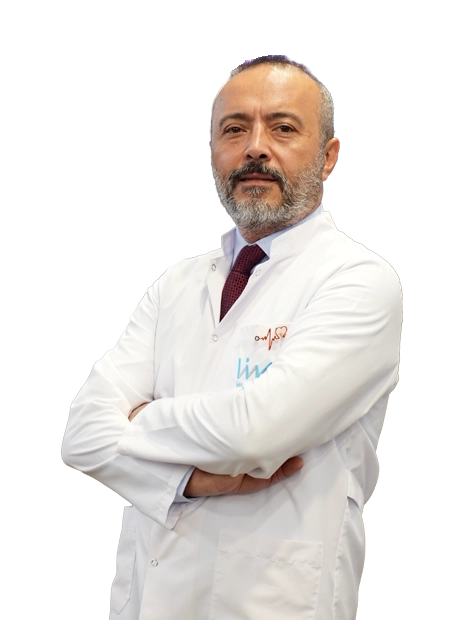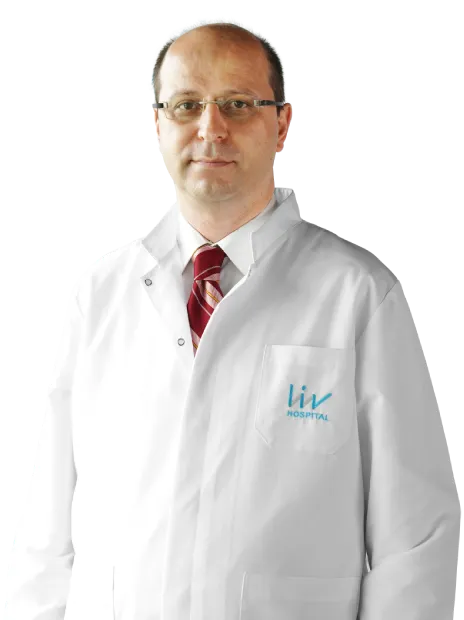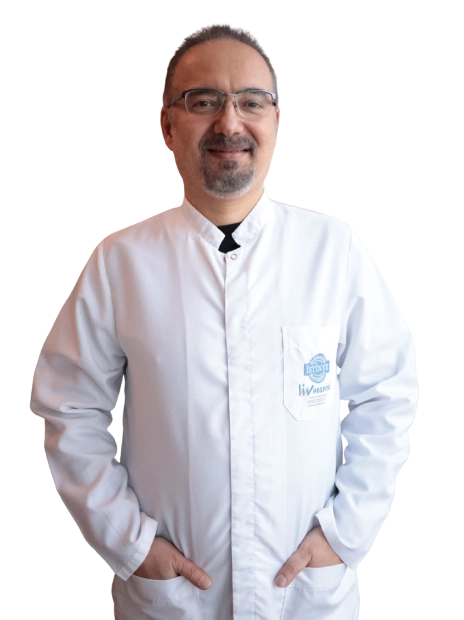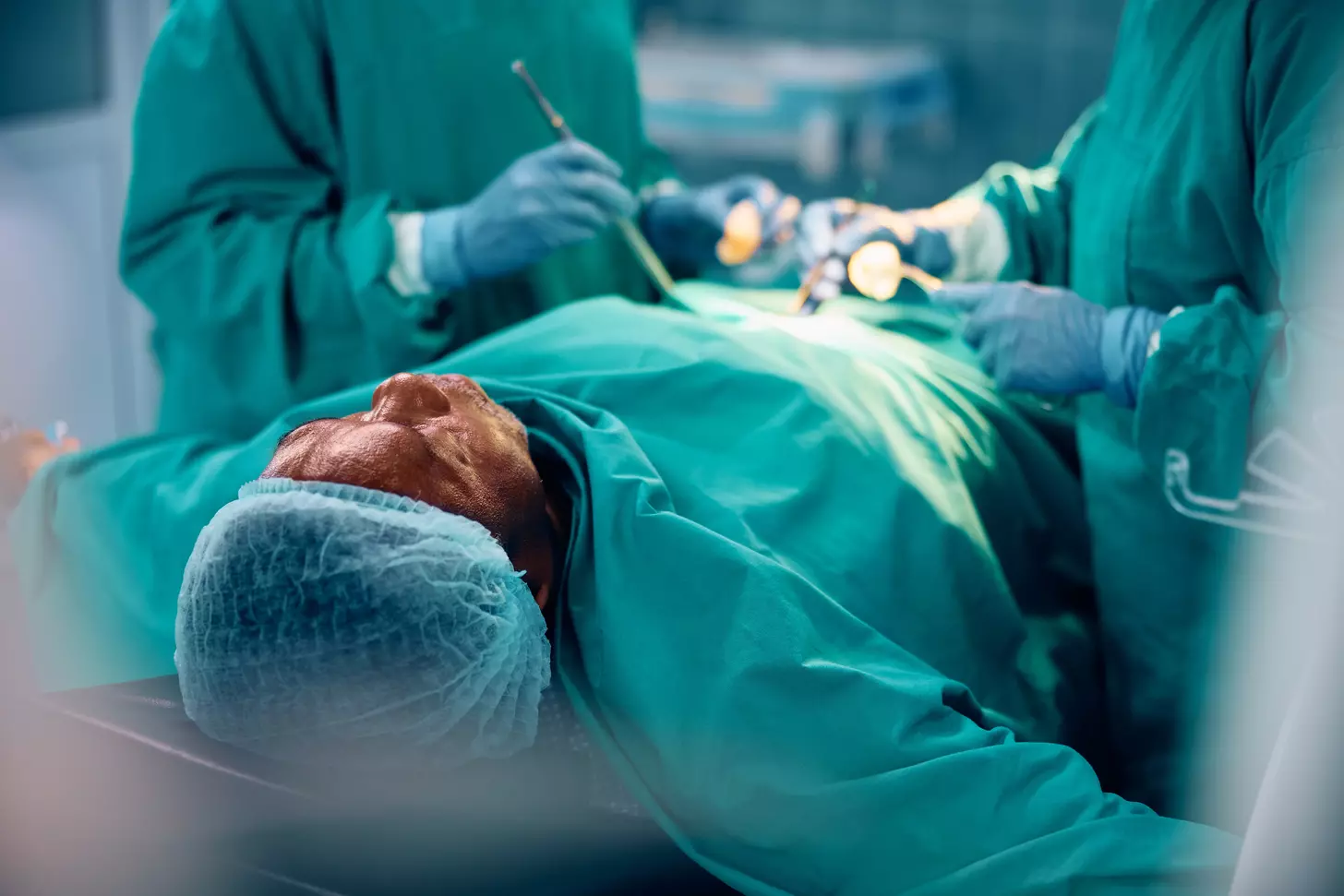
Medical technology has made big strides, boosting the chances of surviving open heart surgery for those 70 and older. At Liv Hospital, we focus on trust, innovation, and putting patients first. We offer top-notch treatments and support.
Recent numbers show that for those 70, the risk of dying in the hospital after heart surgery is just 2.8 percent. This shows how far we’ve come in surgery and care after surgery.
Deciding on big health choices can feel overwhelming. Our team is here to give you the best care and support, no matter where you’re from. The survival rate for open heart surgery has gone up, giving hope to the elderly facing heart surgery.
Key Takeaways
- Advances in medical technology have improved survival rates for open heart surgery.
- Patients aged 70 and beyond can benefit from state-of-the-art treatments and care.
- In-hospital mortality rates for isolated coronary artery bypass surgery are as low as 2.8 percent.
- Liv Hospital prioritizes patient-centered care and trust.
- Our team provides complete support for international patients.
Current Understanding of Cardiac Surgery in Elderly Patients

More and more patients over 70 are getting open heart surgery. This change has led to big improvements in caring for older patients with heart issues.
Evolution of Geriatric Cardiac Care
Cardiac surgery has changed a lot to help older patients. Advances in surgical techniques and better care after surgery have helped a lot. Now, we use minimally invasive procedures that help patients recover faster and have fewer problems.
Dealing with older patients’ heart care has also gotten better. We now focus more on preoperative assessment and postoperative care that fits each patient’s health and other health issues.
Age-Related Considerations in Surgical Planning
When planning surgery for older patients, we look at many factors. Things like comorbid conditions, like diabetes or kidney disease, can affect how well they do. Frailty assessment is key in deciding if surgery is right for them.
By thinking about these things and using new ways to care for hearts, we can make surgery safer and better for older patients. This helps them live better lives after surgery.
Open Heart Surgery Survival Rate by Age 70: Latest Statistics
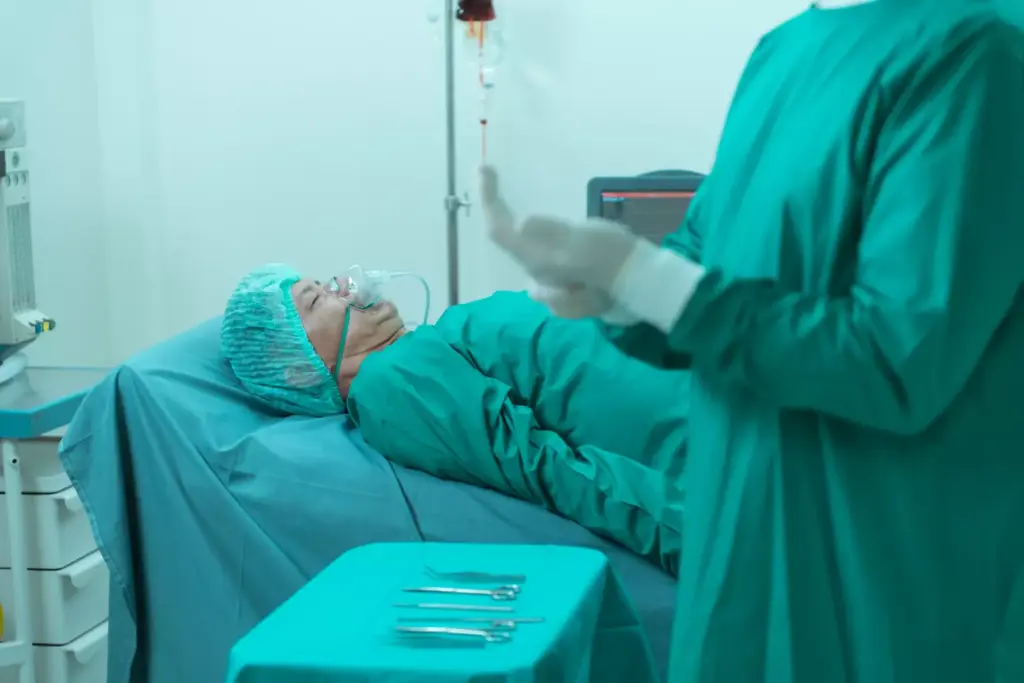
Recent studies have looked into the survival rate for open heart surgery at age 70. This information is vital for both patients and healthcare providers. It shows that better cardiac care has led to better outcomes for this age group.
In-Hospital Mortality Data
The in-hospital mortality rates for patients aged 70 who have open heart surgery are encouraging. For those having isolated coronary artery bypass surgery, the rate is about 2.8 percent. This means a low risk of dying during the first hospital stay.
A leading cardiac surgeon notes, “Advances in surgery and care before and after surgery have helped older adults live longer after heart surgery.”
“The elderly population is increasingly undergoing cardiac surgery, and our data suggests that age alone should not be a contraindication for surgery.”
30-Day Survival Outcomes
The data on 30-day survival for patients aged 70 is also positive. Most of these patients make it past this critical period. The 30-day mortality rate is similar to the in-hospital rate, showing most patients recover well after surgery.
Comparison to Younger Age Groups
Looking at survival rates for patients aged 70 compared to younger ones gives us context. While older patients face higher risks, the gap in survival rates is getting smaller. For example, a study found that while older patients had a higher mortality rate, the difference was not as big as thought.
In conclusion, the latest statistics on open heart surgery survival rates for patients aged 70 are encouraging. In-hospital and 30-day survival rates show positive trends. As cardiac care keeps improving, we can expect even better outcomes for more patients.
Factors Influencing Survival Rates in Elderly Cardiac Patients
When we talk about open heart surgery for older patients, many factors matter a lot. These factors can greatly affect how well they do after surgery. Knowing about these factors helps us guess how things might go and make better choices.
Pre-existing Health Conditions
Older patients’ health before surgery is very important. Things like diabetes, high blood pressure, and lung problems can make surgery harder. We need to look at these health issues closely to guess how well someone might do.
Some big health problems that can affect survival include:
- Diabetes: It can make infections more likely and slow down healing.
- Hypertension: It might cause heart problems during and after surgery.
- COPD: It can make breathing hard and make recovery harder.
Frailty Assessment
Frailty is another big factor for older patients having heart surgery. Frailty checks how well someone can move, eat, and stay healthy. We use tools like the Fried Frailty Index and the Short Physical Performance Battery to check frailty.
Checking for frailty helps us find out who might face more risks. Then, we can change our treatment plans to help them survive surgery better.
Surgical Risk Calculators
Risk calculators are tools that help us guess the dangers of heart surgery for older patients. They look at things like age, health before surgery, and the surgery type.
Some risk calculators we use are:
- The Society of Thoracic Surgeons (STS) Risk Calculator
- The EuroSCORE II
These calculators help us understand the risks and benefits of surgery. This way, we can make better choices about treatment.
Advancements Improving Survival Rates for Seniors
Open heart surgery for seniors has seen big changes. These changes have led to better survival rates. As more people live longer, we need better care for their hearts.
Minimally Invasive Techniques
Minimally invasive cardiac surgery is a big step forward for seniors. It uses smaller cuts, causing less damage and pain. This means patients can recover faster and face fewer problems.
Research shows these new methods can help seniors live longer. For example, a study in the Journal of Thoracic and Cardiovascular Surgery found that seniors over 70 did better with these new surgeries.
“Minimally invasive cardiac surgery represents a significant advancement in the treatment of heart disease in elderly patients, promising better results and quicker healing.”
Enhanced Recovery Protocols
Enhanced Recovery After Surgery (ERAS) is making a big difference. It’s a team effort that includes pre-op talks, better pain control, and early movement. It also focuses on nutrition.
ERAS makes recovery smoother. It cuts down hospital stays and lowers the chance of problems. This means seniors can live longer and healthier after surgery.
| ERAS Protocol Component | Benefit for Senior Patients |
|---|---|
| Pre-operative Counseling | Reduces anxiety and improves patient preparation |
| Optimized Anesthesia | Minimizes post-operative cognitive dysfunction |
| Early Mobilization | Reduces risk of deep vein thrombosis and pneumonia |
Specialized Geriatric Care Teams
Special teams for geriatric care are making a big difference. These teams have experts in aging, heart health, and surgery. They work together to care for seniors in a way that’s just right for them.
These teams focus on the special needs of older patients. They help seniors live better and longer after surgery. This is thanks to their deep understanding of aging and health.
As we keep improving cardiac surgery, these advances are key. They help seniors live longer and better, even when they’re older. By using new techniques, better recovery plans, and specialized care, we can give seniors the best chance at a good life after surgery.
Survival Rates for Specific Bypass Procedures by Age
It’s key to know the survival rates for bypass surgeries like triple and quadruple bypasses. This info is vital for both patients and doctors. Age plays a big role in how well these surgeries work out.
Triple Bypass Surgery Survival Rate by Age
Triple bypass surgery is common for those with many blocked arteries. The survival rates vary with age. Thanks to better surgery and care, older patients are doing better.
Patients under 70 usually have a high survival rate, over 95% in some studies. But, for those over 70, the rate is a bit lower. It can be between 85% and 90% in some cases.
Quadruple Bypass Surgery Survival Rate by Age
Quadruple bypass surgery is more complex than triple bypass. It has a slightly lower survival rate, mainly for older patients. The extra complexity raises the risk of problems.
For patients over 70, the 30-day survival rate is about 80% to 85%. But, each person’s outcome can differ a lot. This depends on their health before surgery, overall health, and the surgeon’s skill.
Complex Multi-Vessel Procedures
Complex multi-vessel procedures are tough, even for younger patients. They need careful planning and skill to reduce risks.
Survival rates for these procedures in older patients vary a lot. A study found a 30-day survival rate of about 75% for octogenarians. This shows the importance of choosing the right patients and providing the best care before and after surgery.
To understand survival rates for different bypass surgeries, let’s look at a table:
| Procedure | Age Group | 30-Day Survival Rate |
|---|---|---|
| Triple Bypass | < 70 | 95% – 98% |
| Triple Bypass | > 70 | 85% – 90% |
| Quadruple Bypass | < 70 | 90% – 95% |
| Quadruple Bypass | > 70 | 80% – 85% |
| Complex Multi-Vessel | > 80 | 75% |
This data shows why age and surgery type matter when looking at survival rates. As heart surgery gets better, we’ll see better results for all patients, no matter their age or the surgery’s complexity.
Valve Replacement and Repair Outcomes in Patients Over 70
Valve replacement and repair surgeries in patients over 70 face unique challenges. These challenges depend on the type of valve procedure and the patient’s health. As we age, the risk of heart valve disease grows. These surgeries are key to better life quality and survival.
Aortic Valve Procedures
Aortic valve procedures are common in the elderly. Transcatheter aortic valve replacement (TAVR) is a good option for many. Studies show TAVR and surgical aortic valve replacement (SAVR) can improve survival in patients over 70.
TAVR is often chosen for high-risk patients because it’s less invasive. This leads to fewer complications and a quicker recovery. But, SAVR is best for those who can handle surgery, giving great long-term results.
Mitral Valve Interventions
Mitral valve surgeries in the elderly are complex. Mitral valve repair is preferred when possible. It keeps the patient’s own valve and avoids lifelong blood thinners.
The success of these surgeries depends on choosing the right patient. Factors like the severity of the valve problem and the patient’s heart function are key. Advances in surgery and care have improved survival rates for the elderly.
Transcatheter vs. Surgical Approaches
The choice between transcatheter and surgical valve procedures depends on several factors. These include the patient’s health, the valve problem, and other heart conditions. Transcatheter procedures are less invasive but may have fewer complications. Surgical approaches offer direct visualization and potentially more lasting repairs.
| Procedure | 30-Day Mortality | 1-Year Survival |
|---|---|---|
| TAVR | 4.2% | 85% |
| SAVR | 3.5% | 88% |
| Mitral Valve Repair | 2.8% | 90% |
Our study on valve procedures in patients over 70 shows the need for a team approach. Cardiologists, cardiac surgeons, and other healthcare professionals must work together. By choosing the best treatment for each patient, we can improve outcomes and quality of life for the elderly.
Open Heart Surgery Survival Rates for Patients 75-80
Survival rates for open heart surgery in the 75-80 age group depend on several factors. These include the type of procedure, overall health, and any pre-existing conditions.
As we get older, the risks of open heart surgery may rise. Yet, it’s not a no-go for those aged 75 to 80. We must assess each patient’s health and possible outcomes carefully.
Procedure-Specific Outcomes
Different open heart surgery procedures have different survival rates for those aged 75-80. For example, coronary artery bypass grafting (CABG) and valve replacement or repair surgeries have different outcomes. These depend on the patient’s health and the complexity of the surgery.
| Procedure Type | Survival Rate at 30 Days | Survival Rate at 1 Year |
|---|---|---|
| CABG | 95% | 85% |
| Valve Replacement | 92% | 80% |
| Combined CABG and Valve Surgery | 90% | 78% |
The data shows that survival rates vary by procedure. Yet, patients aged 75-80 can benefit from open heart surgery when chosen wisely.
Recovery Timeline Differences
Recovery times for open heart surgery patients aged 75-80 are often longer than for younger patients. Factors like pre-existing health conditions, frailty, and other chronic conditions can slow down recovery.
Key factors affecting recovery include:
- Pre-surgery physical condition
- Presence of comorbidities
- Type of surgical procedure
- Post-operative care quality
We stress the need for a thorough pre-surgical evaluation and a good post-operative care plan. This helps improve recovery outcomes.
Quality of Life After Surgery
Open heart surgery can greatly improve the quality of life for patients aged 75-80. It reduces symptoms, boosts functional capacity, and enhances overall well-being.
Research shows that successful surgery can increase life expectancy and quality-adjusted life years for elderly patients. We consider these outcomes when deciding if open heart surgery is right for individuals in this age group.
In conclusion, while open heart surgery for patients aged 75-80 requires careful consideration, the benefits in survival and quality of life make it a viable option for many. We keep working to improve our understanding and management of cardiac surgery in the elderly to better outcomes.
Cardiac Surgery Beyond Age 80: What to Expect
People over 80 facing heart surgery face a mix of risks and benefits. It’s key to know what affects their outcomes.
Octogenarian Surgical Outcomes
Research shows that heart surgery for those over 80 is riskier. But, choosing the right patients can lead to good results. Survival rates have gone up thanks to better surgery and care.
Risk-Benefit Analysis
For patients over 80, weighing risks and benefits is vital. This means looking at their health, how well they function, and what surgery can offer.
The table below shows important factors in this analysis:
| Factor | Considerations |
|---|---|
| Pre-existing Conditions | Presence of diabetes, hypertension, renal disease |
| Functional Status | Ability to perform daily activities, mobility |
| Surgical Risk | Estimated mortality, morbidity, and complications |
| Potential Benefits | Improved survival, quality of life, symptom relief |
Case Selection Criteria
Choosing the right patients for heart surgery over 80 needs a team effort. Key criteria include the patient’s health, other conditions, and how well they might recover after surgery.
In summary, heart surgery for those over 80 needs a deep understanding of the patient’s situation and careful planning. By looking at outcomes, doing detailed risk-benefit analyses, and being strict with who gets surgery, we can improve chances of success in this age group.
Long-Term Survival After Cardiac Surgery in Seniors
As more people live longer, it’s key to know about survival after heart surgery for seniors. Heart surgery can greatly improve life quality and length for the elderly. We’ll look at survival rates, what affects them, and how well seniors can function after surgery.
Five-Year Survival Statistics
Recent studies show good news for seniors having heart surgery. Survival rates for open heart surgery have gone up a lot. For example, a study found that seniors over 70 have a 70% chance of living five years after surgery. Those over 80 have a 55% chance.
Factors Affecting Long-Term Outcomes
Many things can change how well seniors do after heart surgery. Conditions like diabetes and kidney disease matter a lot. Also, how frail a patient is can affect recovery. Managing these conditions well before and after surgery is key to better survival rates.
Functional Independence After Recovery
Being able to do daily tasks again is a big goal for seniors after surgery. Many can get back to their normal lives after a good recovery. Early movement, cardiac rehab, and ongoing care help a lot. A team approach to care is important to help seniors regain independence and live well.
In summary, survival and function after heart surgery for seniors depend on many things. These include health before surgery, frailty, and care after surgery. Understanding these and using a full care plan can help improve outcomes for seniors having heart surgery.
Improving the Chances of Surviving Open Heart Surgery
The journey to recovery starts long before surgery. Preparing well before surgery is key. When patients are well-prepared, their chances of surviving open heart surgery improve.
Pre-Surgery Optimization
Pre-surgery optimization means getting ready for surgery. It includes managing health conditions and improving lifestyle. Our healthcare team helps patients get ready for surgery with a personalized plan.
For example, patients might be told to:
- Exercise regularly to boost heart health
- Eat a diet full of fruits, veggies, and whole grains
- Use stress-reducing techniques like meditation
- Stop smoking and avoid secondhand smoke
Cardiac Rehabilitation Importance
Cardiac rehabilitation is vital after open heart surgery. This program helps patients regain strength and improve heart health. It boosts survival chances and lowers future heart risks.
Cardiac rehab includes:
- Exercise sessions tailored to the patient
- Education on heart-healthy living
- Monitoring and support for any issues
Ongoing Medical Management
Keeping up with medical care is key for long-term survival. This means regular check-ups, taking medicine as directed, and sticking to a healthy lifestyle.
Working with healthcare teams helps manage risks and catch problems early. This care also helps address new health issues, improving the patient’s outlook.
In summary, surviving open heart surgery requires a full approach. This includes pre-surgery prep, cardiac rehab, and ongoing care. By focusing on these areas, patients can greatly improve their survival rates and overall health.
Conclusion: Making Informed Decisions About Cardiac Surgery in Advanced Age
Open heart surgery survival rates for those over 70 have greatly improved. This is thanks to better patient selection, new surgical methods, and improved recovery plans. These changes have led to better results for older patients having heart surgery.
It’s important to know what affects survival rates, like health conditions and how frail someone is. We’ve learned that survival rates differ by age. This information helps patients and their families make better choices.
Patients can make informed decisions by looking at the latest care advancements. A thorough evaluation is key. It helps weigh the risks and benefits of surgery to find the best option for each person.
Our aim is to give patients the info they need to make choices that fit their health goals and values. This way, we can help achieve the best results for those having heart surgery at an older age.
What is the overall survival rate for open heart surgery?
The survival rate for open heart surgery depends on age, health, and the surgery type. Most patients recover well.
How does age affect the survival rate of open heart surgery?
Older patients face higher risks in open heart surgery. But, new medical and surgical methods have improved their chances.
What is the survival rate for open heart surgery for patients aged 70 and beyond?
Patients over 70 have a good survival rate for open heart surgery. Many have successful outcomes. The exact rate depends on health and surgery type.
What are the survival rates for triple bypass surgery by age?
Triple bypass surgery survival rates vary by age. Older patients have slightly higher risks. Yet, many over 70 have successful surgeries, extending their lives.
How do pre-existing health conditions affect survival rates for open heart surgery?
Health conditions before surgery can affect survival rates. Patients with many conditions face higher risks. But, careful planning and management can help.
What role do minimally invasive techniques play in improving survival rates for seniors?
Minimally invasive techniques help seniors by reducing trauma and recovery time. They are great for older patients or those with many health issues.
How does cardiac rehabilitation impact survival rates after open heart surgery?
Cardiac rehabilitation is key for survival after surgery. It helps patients regain strength and improves heart health, lowering complication risks.
What are the long-term survival rates after cardiac surgery in seniors?
Long-term survival after cardiac surgery in seniors depends on age, health, and surgery type. Many seniors live 10-15 years or more after surgery.
Can patients over 80 undergo open heart surgery successfully?
Yes, patients over 80 can have successful open heart surgery. Careful selection and assessment are important. Advances in care have improved outcomes for the elderly.
What is the difference in survival rates between transcatheter and surgical approaches for valve replacement?
Survival rates for valve replacement vary by patient and procedure. Transcatheter methods may be better for high-risk patients. Surgical methods might be better for others.
How do surgical risk calculators help in predicting survival rates for open heart surgery?
Surgical risk calculators predict survival by assessing patient risks. They consider age, health, and surgery type. This helps in making decisions and preparing for surgery.
REFERENCES
- MedicineNet. (n.d.). Is bypass surgery safe for a 75-year-old? MedicineNet. Retrieved October 23, 2025, from https://www.medicinenet.com/is_bypass_surgery_safe_for_a_75-year-old/article.htm
- GoodRx Health. (2023, March 14). Heart bypass surgery recovery. GoodRx. https://www.goodrx.com/health-topic/heart/heart-bypass-surgery-recovery
- Raja, S. G., & Benedetto, U. (2022). Impact of off-pump coronary artery bypass surgery on postoperative outcomes: A systematic review and meta-analysis. Cureus, 14(3), e22978. https://pmc.ncbi.nlm.nih.gov/articles/PMC8972229
- Cameron, A., Davis, K. B., Green, G., & Schaff, H. V. (1988). Coronary bypass surgery with internal-thoracic-artery grafts—Effects on survival over a 15-year period. The New England Journal of Medicine, 319(6), 332–337. https://pubmed.ncbi.nlm.nih.gov/6704819


